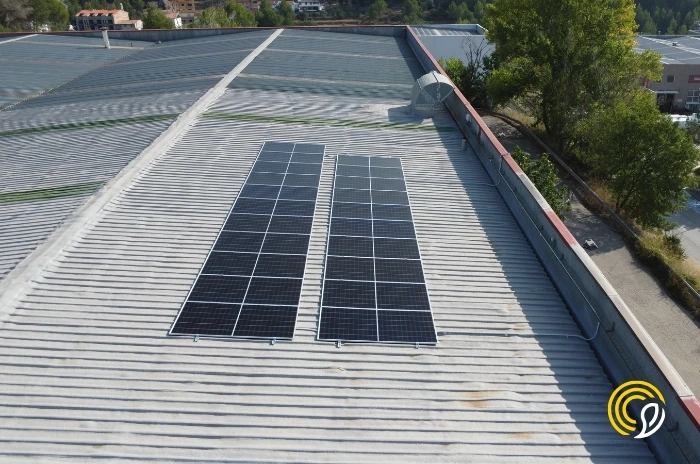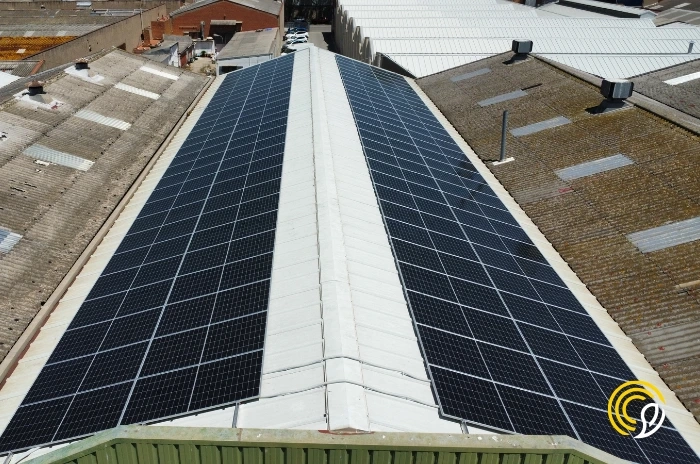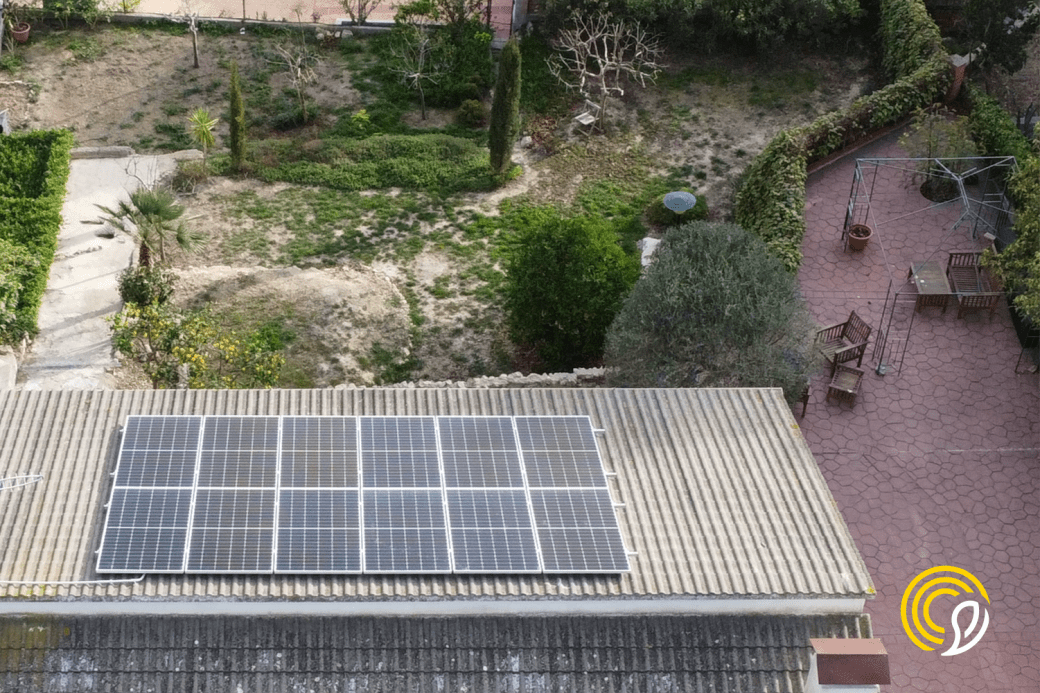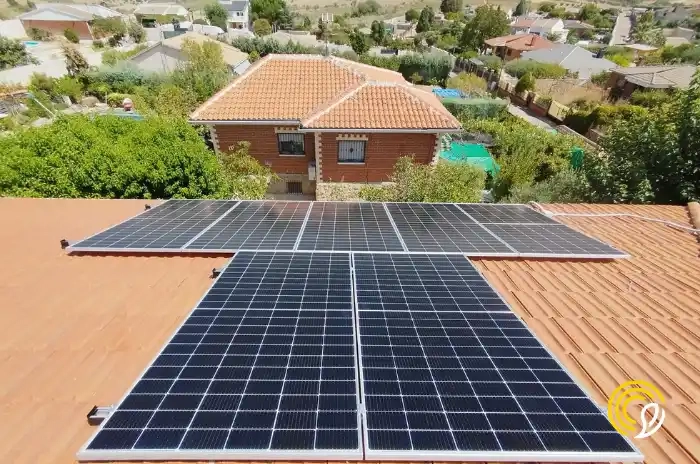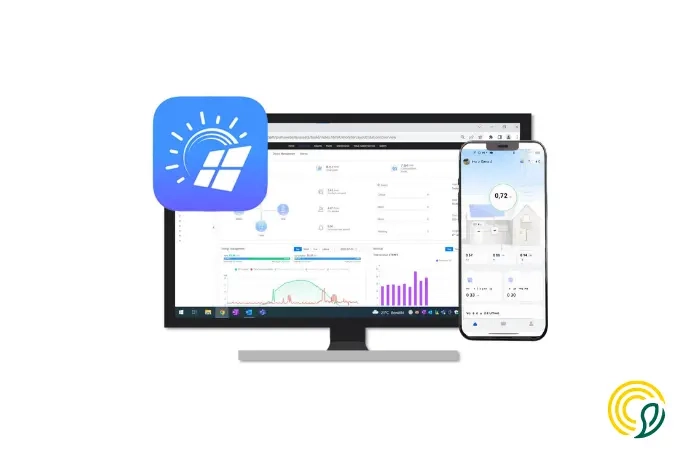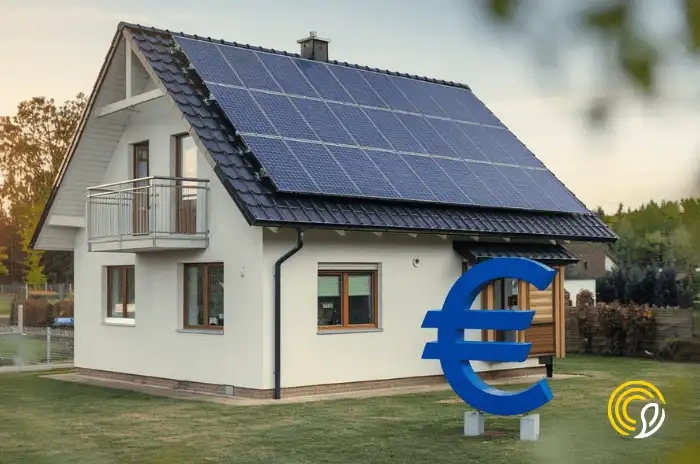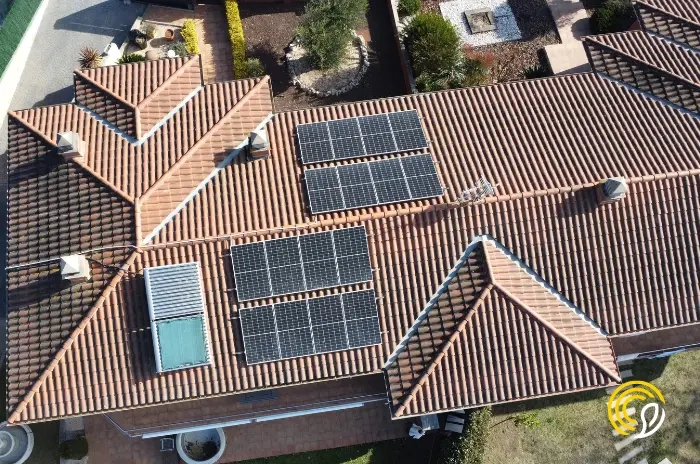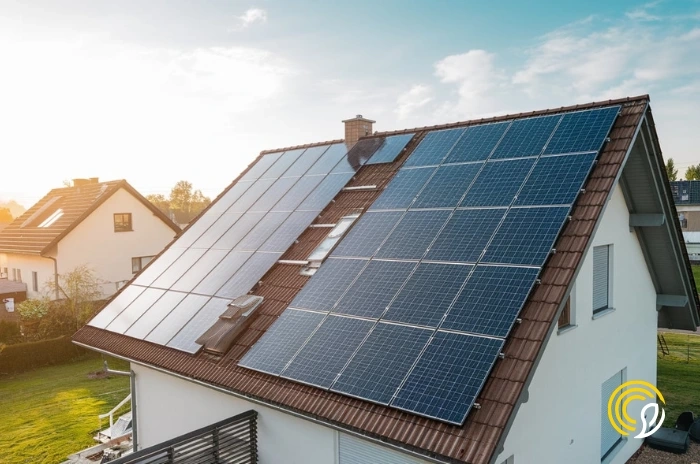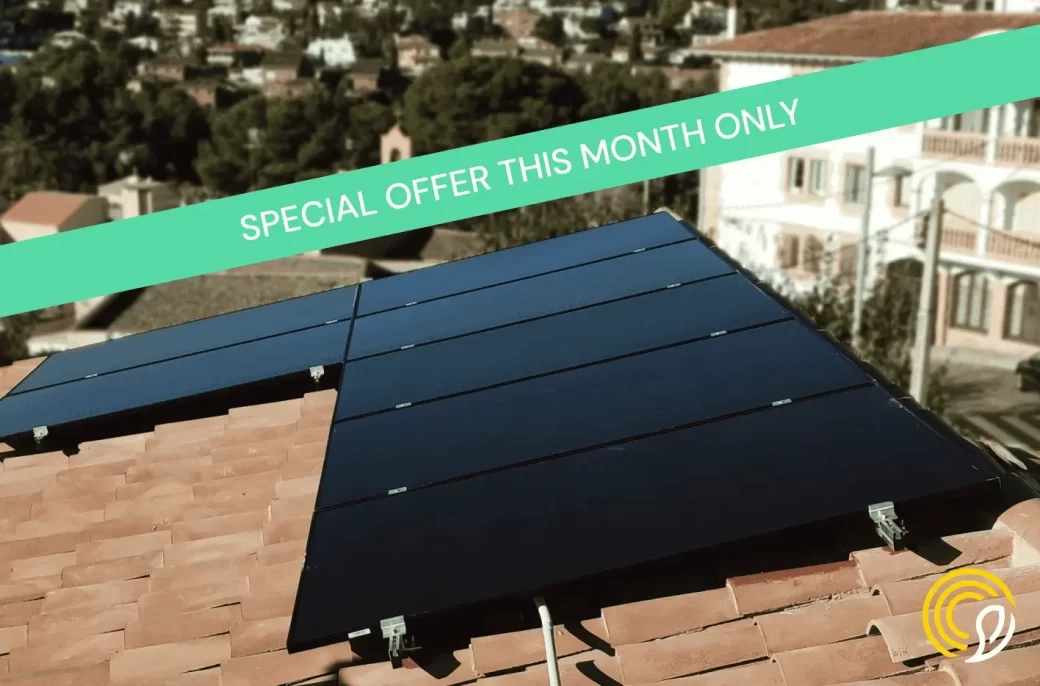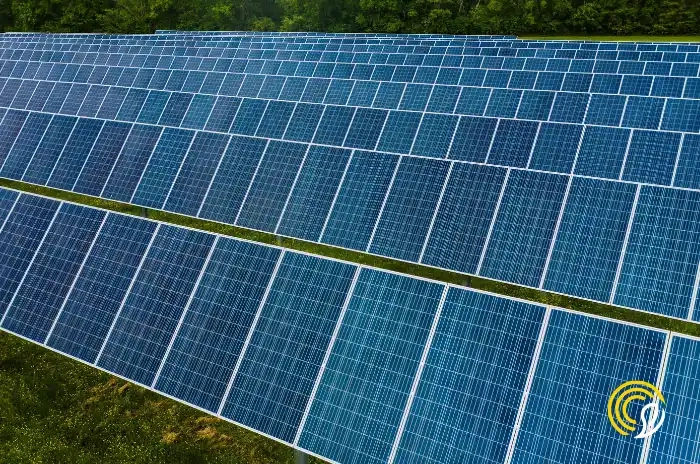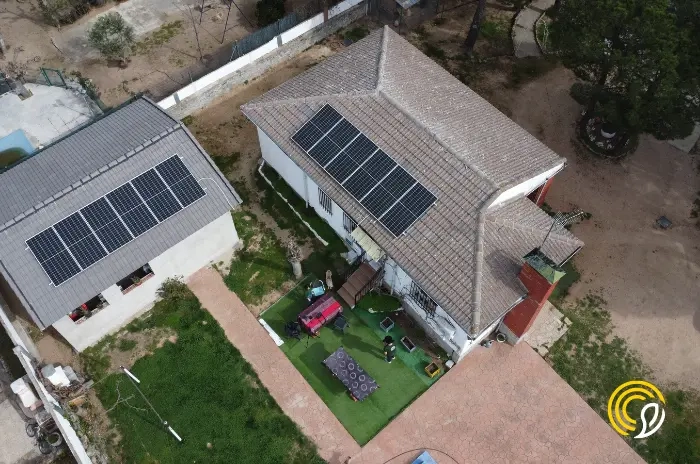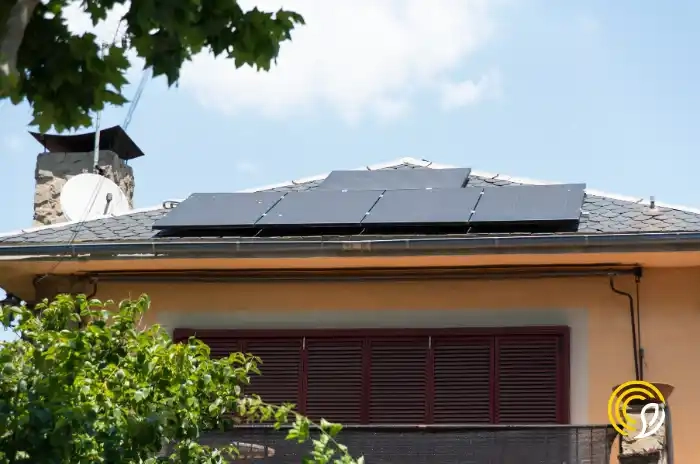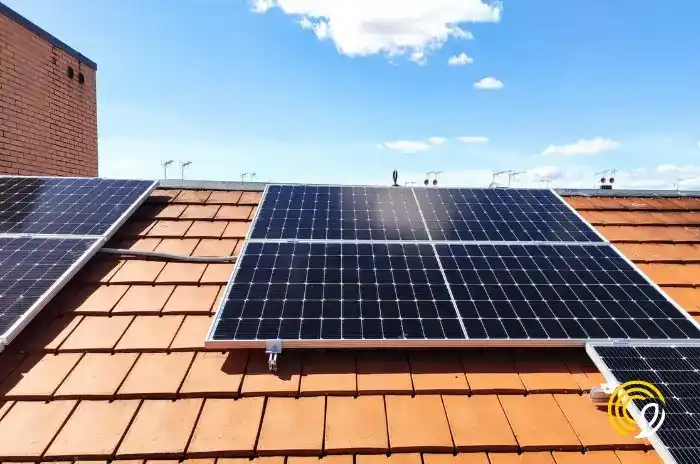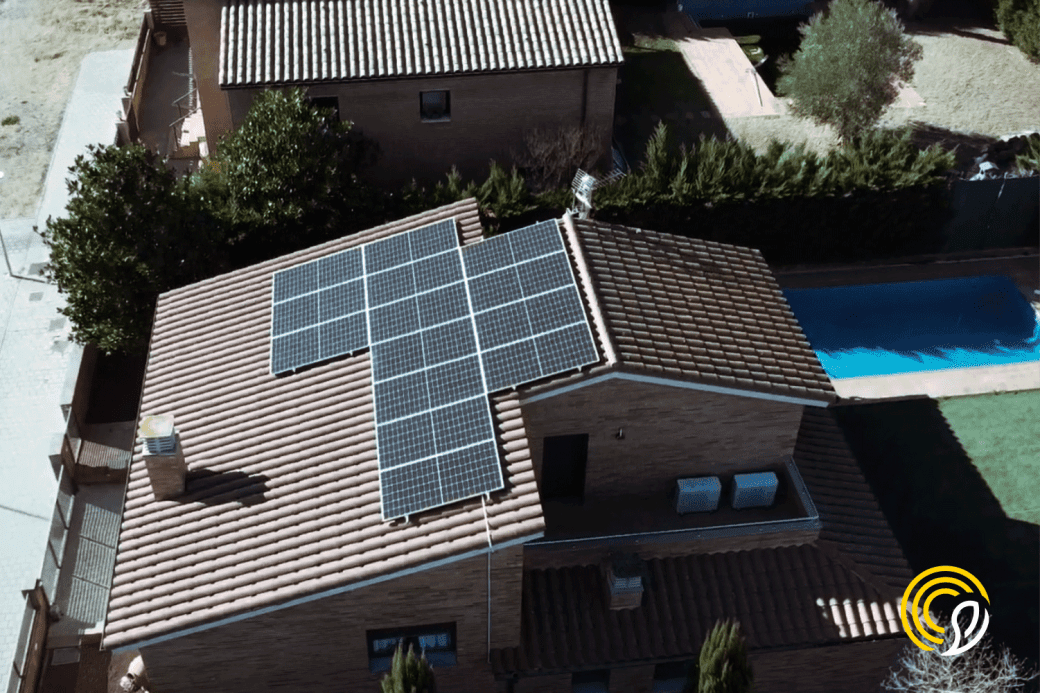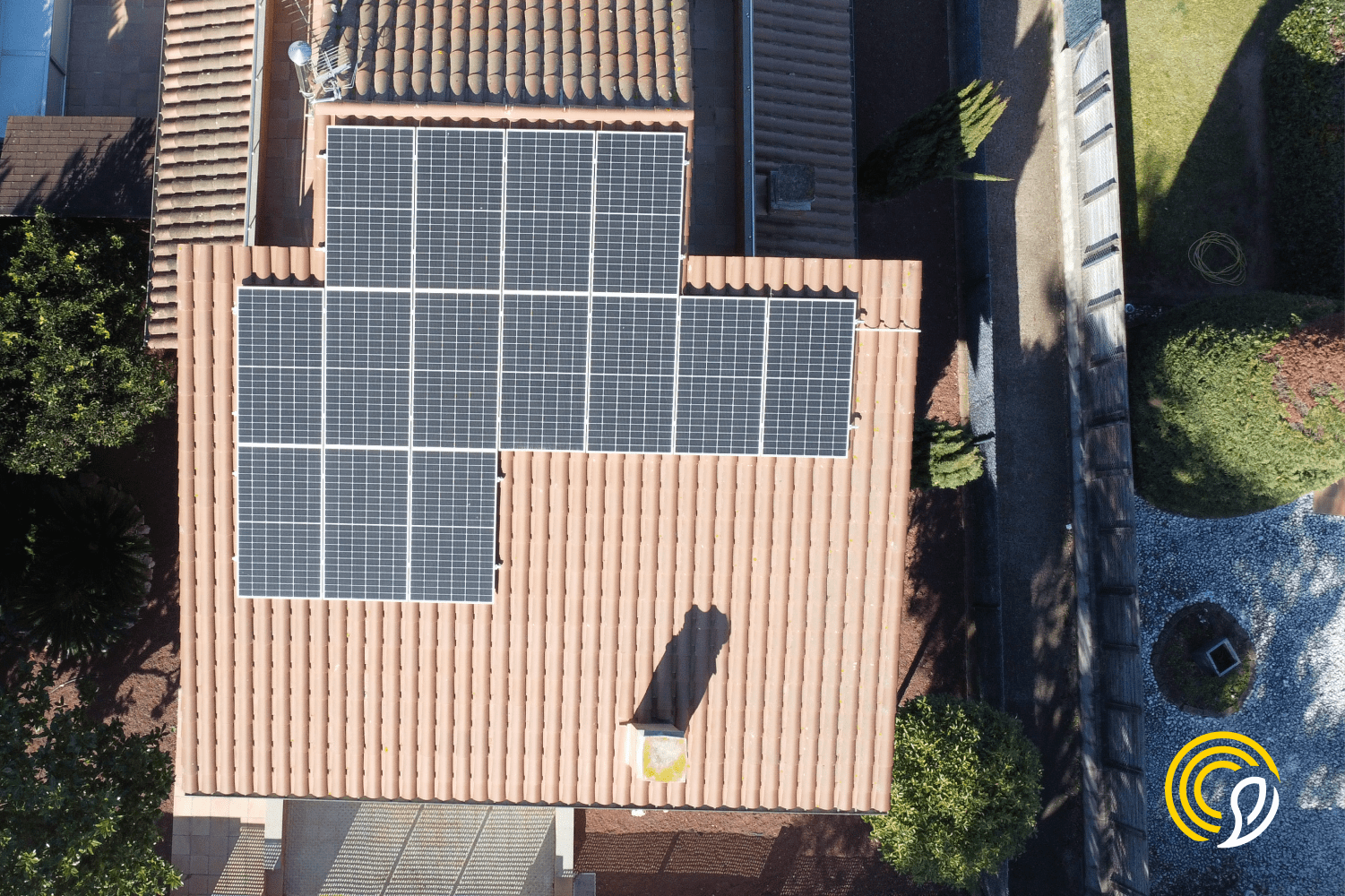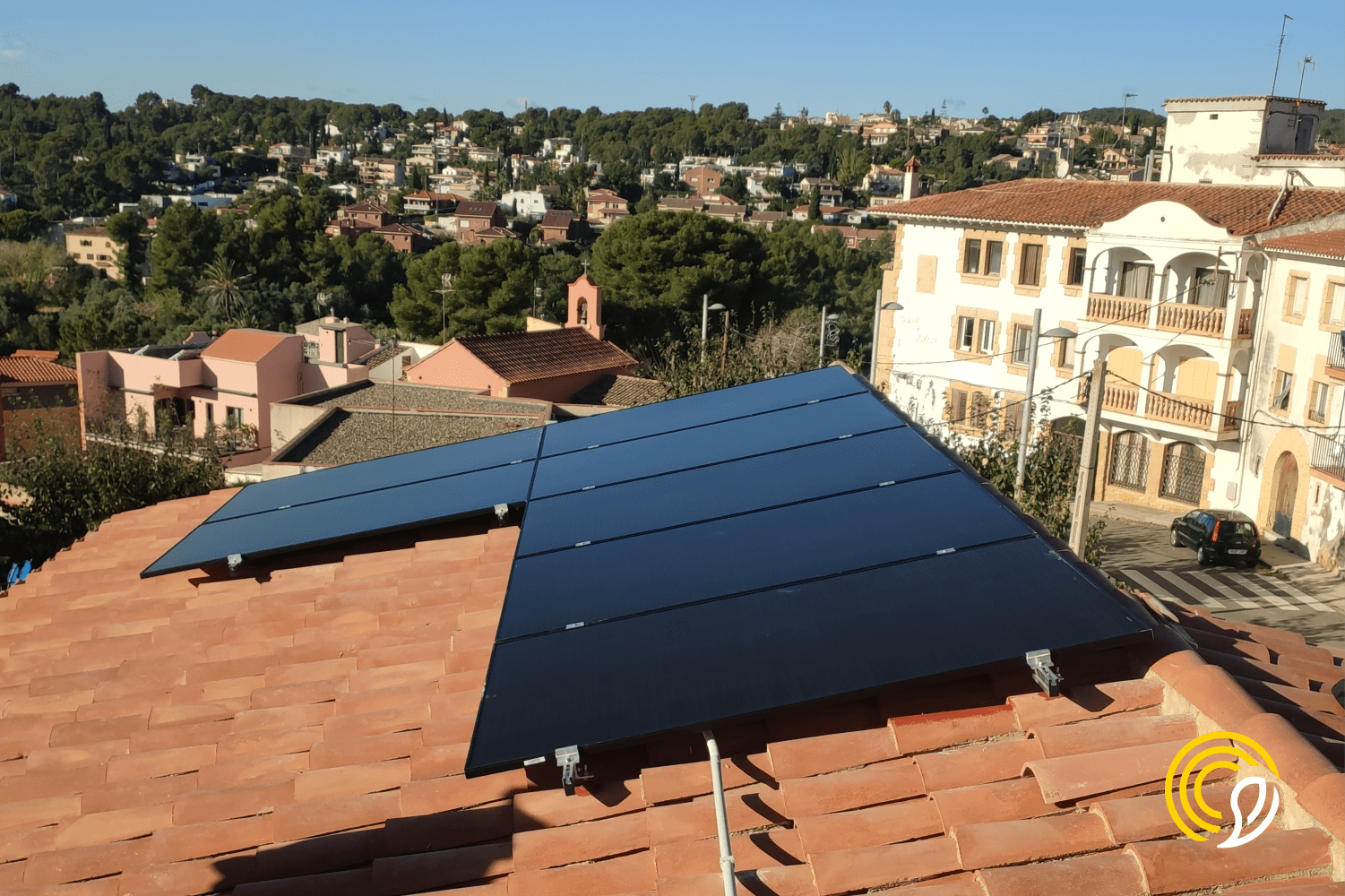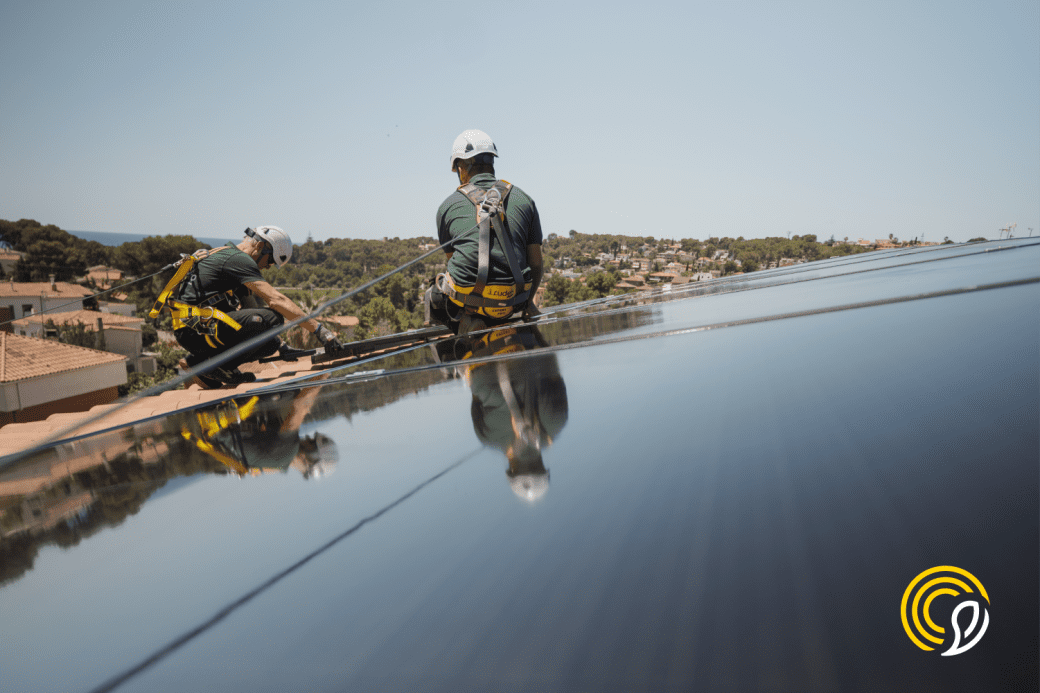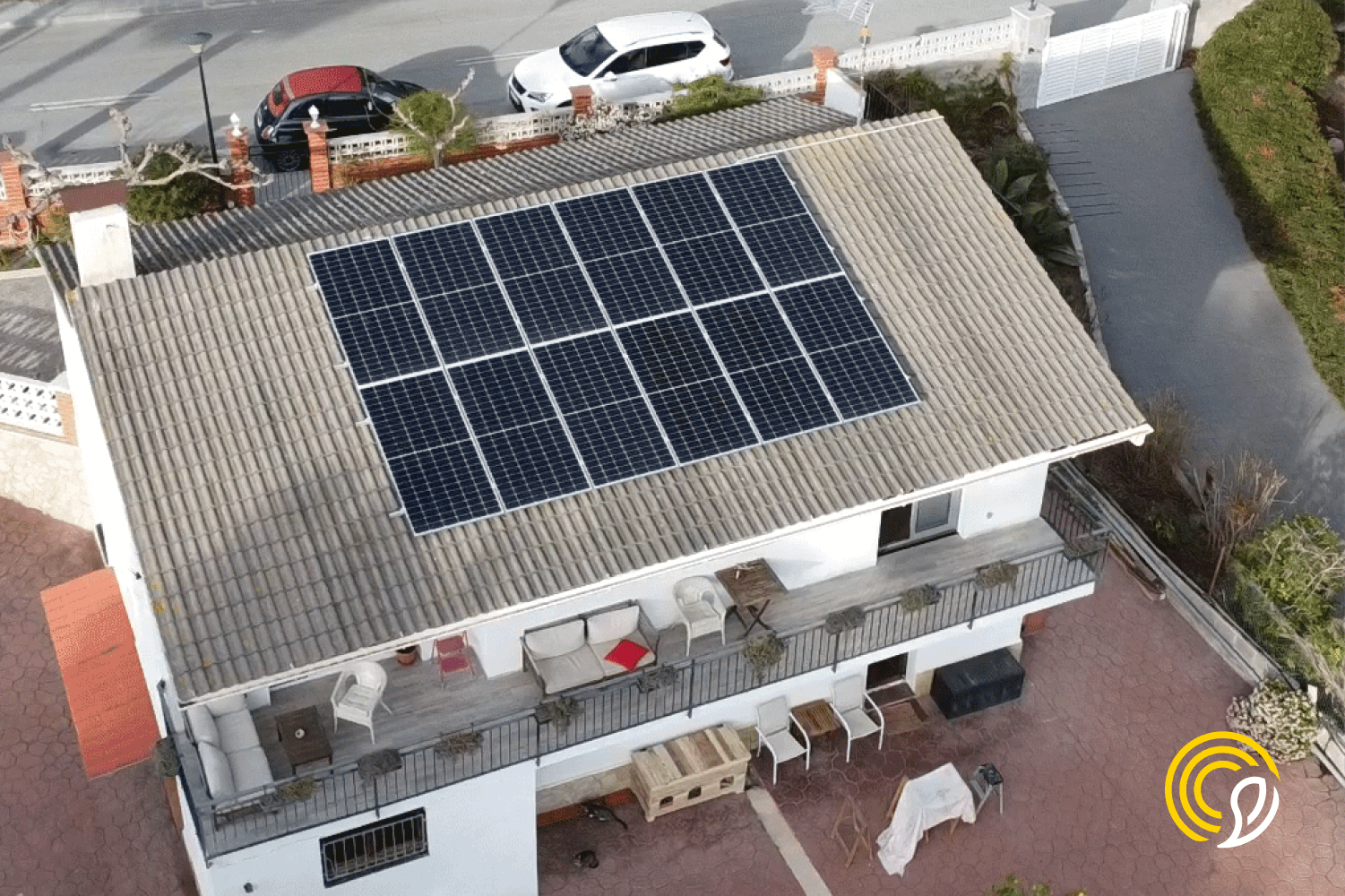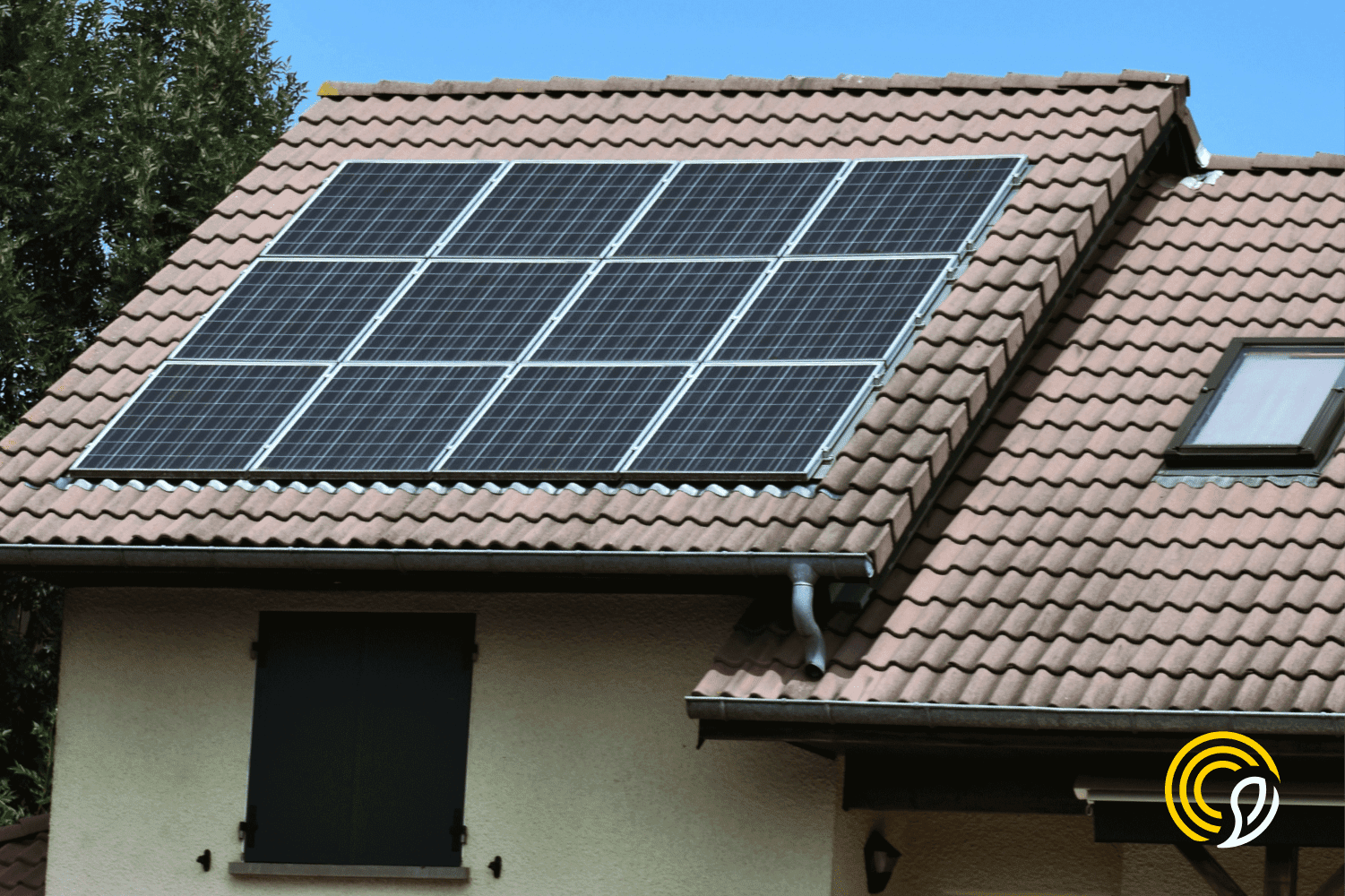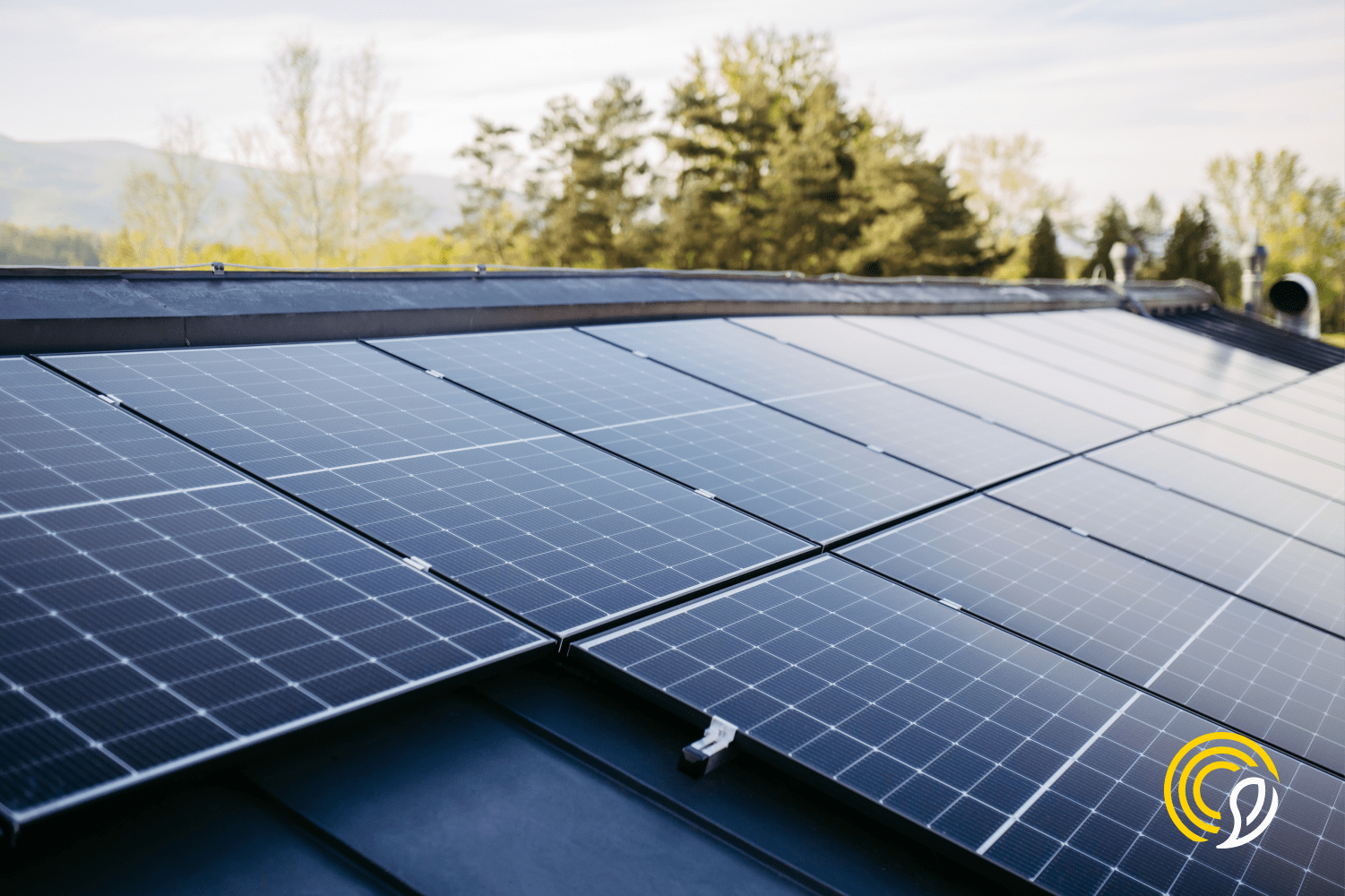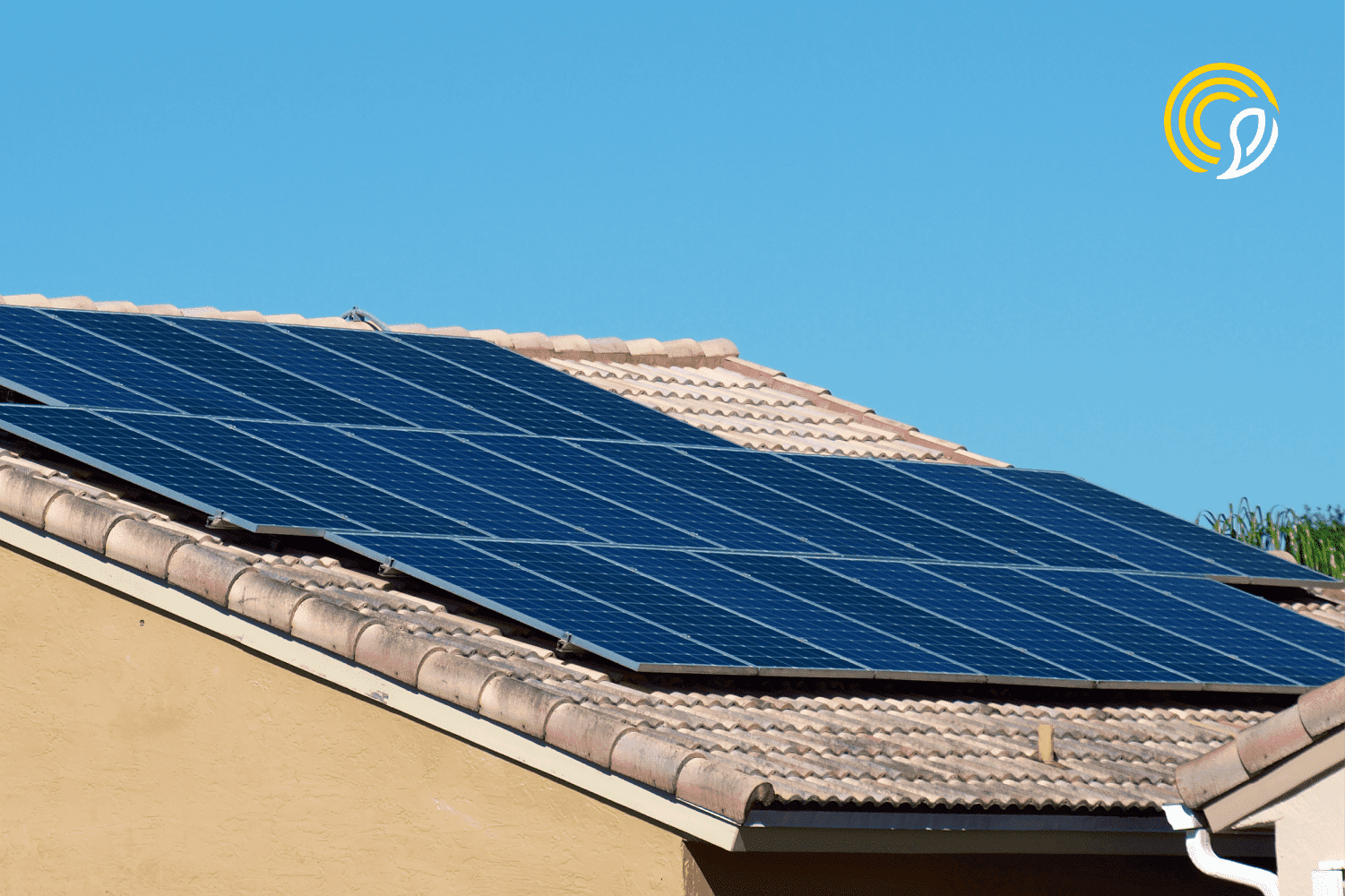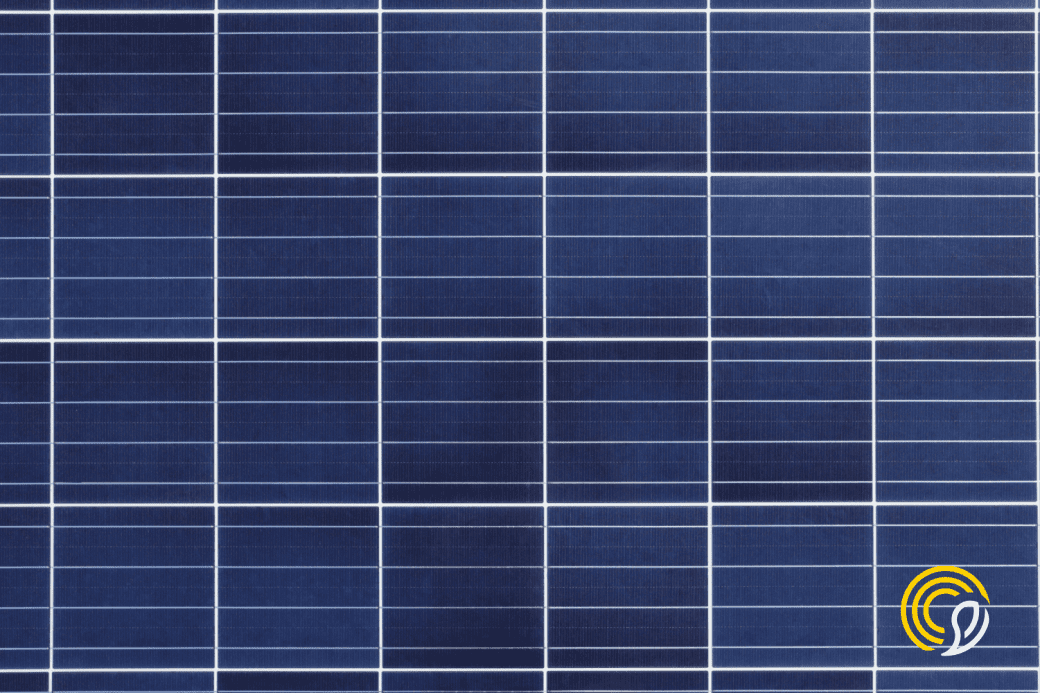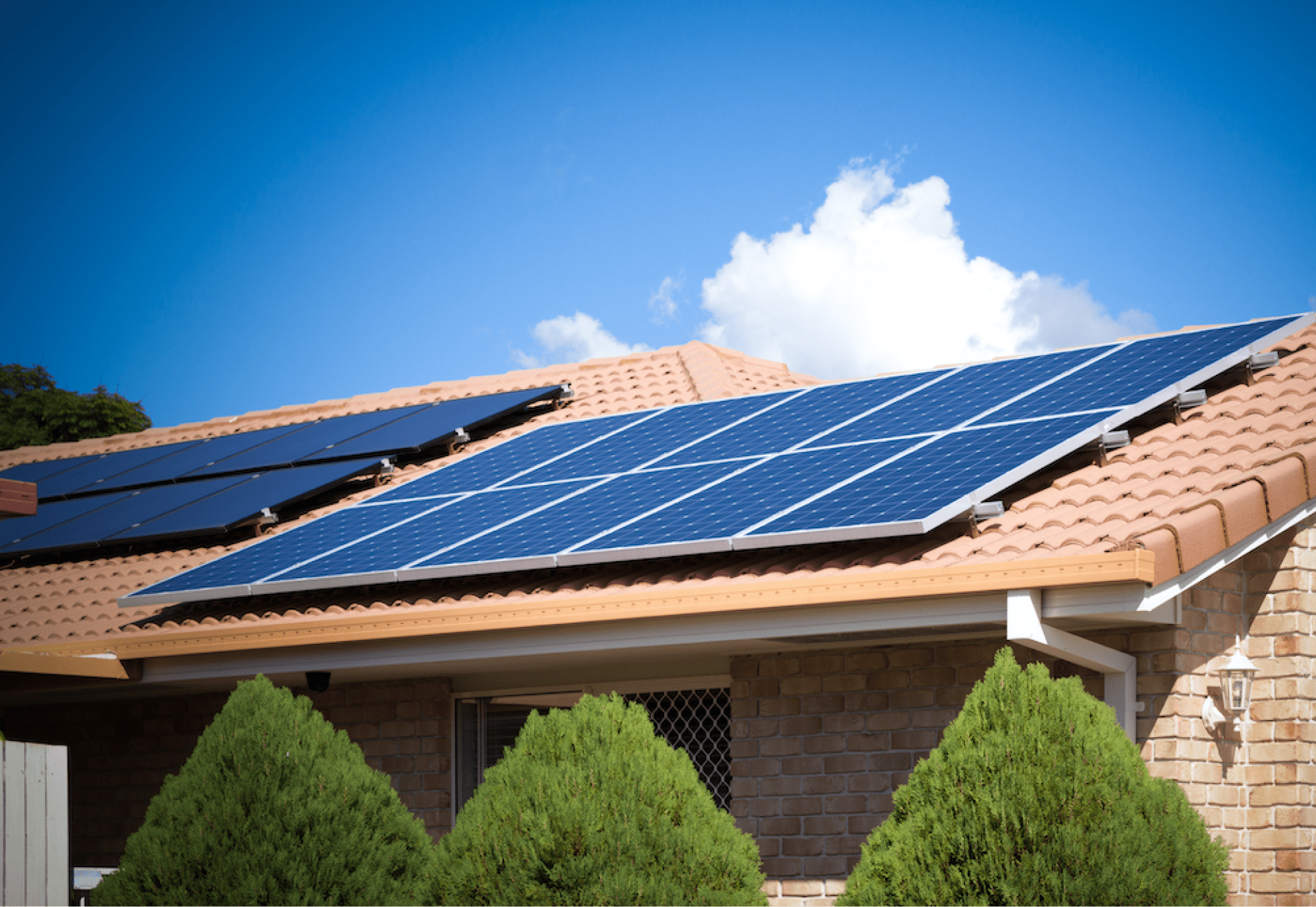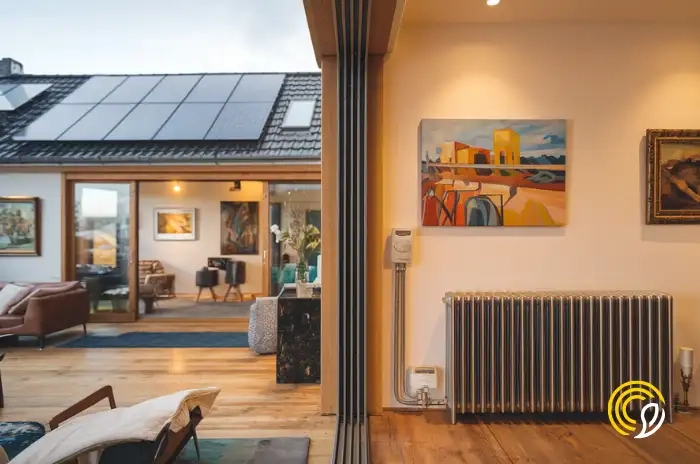
Solar heating: the option of solar panels at home

Claudia Pardo, Content Specialist at Sunhero and a firm believer that solar energy can transform the world.
29/11/2024
3 min read
Table of Contents
With the arrival of colder weather, heating becomes one of the main energy expenses for Spanish households, driving more people to seek more efficient and sustainable options.
In this context, installing solar panels at home has become an attractive solution not only for their environmental impact but also for their ability to significantly reduce energy bills.
In this article, we explain the heating alternatives compatible with solar panels, the benefits they offer, and the different types of systems you can combine to create a more efficient home.
Solar energy and heating
Solar energy, being a renewable, clean, and free resource, is one of the most promising alternatives for powering heating systems in homes and buildings. Depending on the type of installation, solar panels can be used in two main ways for heating:
- Solar thermal systems: convert solar radiation into heat, making them ideal for heating water and indoor spaces. They are especially efficient in sunny climates and can easily integrate with systems like underfloor heating or thermal storage tanks to maximize performance.
- Photovoltaic solar panels: generate electricity that can power electric heating devices, such as heat pumps or electric radiators.
Additionally, they can cover other household energy needs, making them a versatile and sustainable option. Each system has its specific advantages and applications. To learn more about them, you can check out our blog article: Differences Between Solar Thermal and Photovoltaic Energy.
Benefits of using solar panels for heating
Adopting solar panels for heating offers numerous benefits. One of the most significant is the environmental impact, as it reduces or eliminates the use of fossil fuels, lowering the household’s carbon footprint.
Economically, solar energy minimizes the volatility of energy prices in the market. For instance, a well-designed solar thermal system can cover up to 70% of a home’s heating needs, resulting in substantial monthly savings.
Additionally, investing in solar panels increases the value of your property. Homes with renewable energy systems are increasingly in demand in the real estate market, especially in urban areas where energy efficiency is highly valued. Recent studies show that homes with solar installations tend to sell faster and at higher prices.
Types of heating compatible with solar energy
Solar energy adapts to various heating systems, making it possible to reduce costs and improve the sustainability of your home. Below, we explain the most common and effective options:
- Underfloor heating: This system distributes heat evenly through pipes installed under the floor. Its low-temperature operation makes it the perfect companion for solar thermal collectors, maximizing the efficiency of the generated heat. Additionally, it provides superior comfort by maintaining a constant temperature without air currents.
- Heat pumps: A versatile solution that extracts energy from the air, water, or ground and transforms it into heat for the home. When combined with photovoltaic solar panels, these pumps reduce operational costs, offering an efficient option for both heating and cooling.
- Hybrid systems: These systems combine solar panels with conventional energy sources, such as gas or electric boilers. This ensures a constant heat supply even on cloudy days or during peak demand. They are ideal for cold climates or situations where solar energy alone may not be sufficient to meet all needs.
- Thermal storage systems: These systems allow the heat generated during the day by solar thermal panels to be stored for later use, such as at night or on cloudy days. This makes them ideal for homes with a consistent heating demand and significantly improves the efficiency of solar energy use.
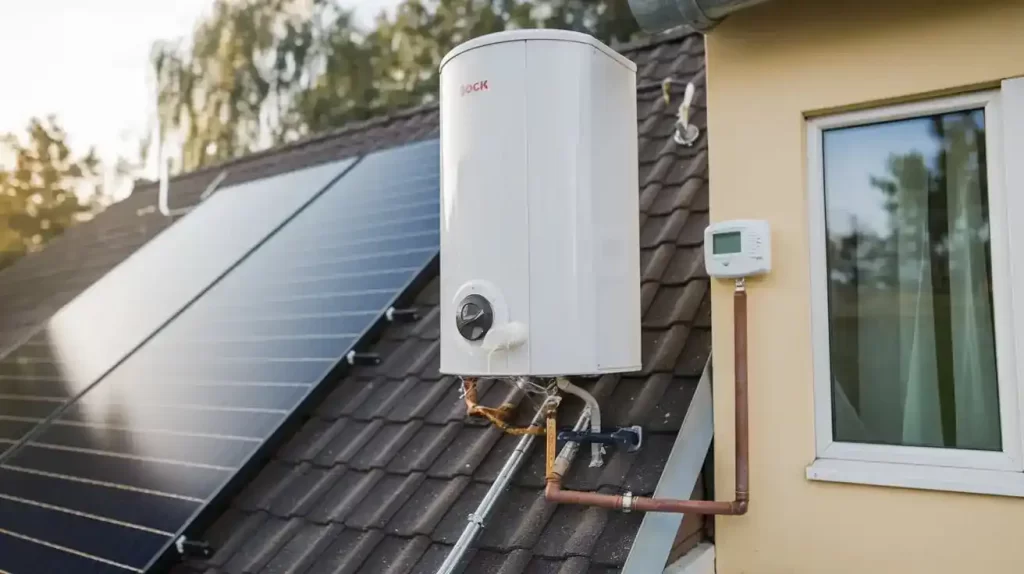
How to implement heating with solar panels
Integrating a solar heating system into a home begins with a detailed assessment of the energy needs and specific characteristics of the property. Key factors such as roof orientation and tilt, available panel space, and the home’s insulation level are fundamental to designing an efficient system.
Additionally, solar panels can meet other household needs, such as generating hot water, powering appliances, lighting, or even charging electric vehicles.
At Sunhero, we conduct a personalized analysis to ensure each installation perfectly fits the unique features of each home, providing maximum performance for energy self-consumption. Once the most suitable system is defined, our team of certified professionals ensures an efficient and secure installation, allowing you to enjoy the benefits of solar energy from day one.
Start today!
Fill out our free solar calculator and get a custom quotation
